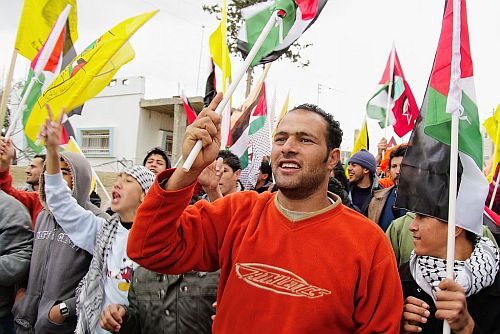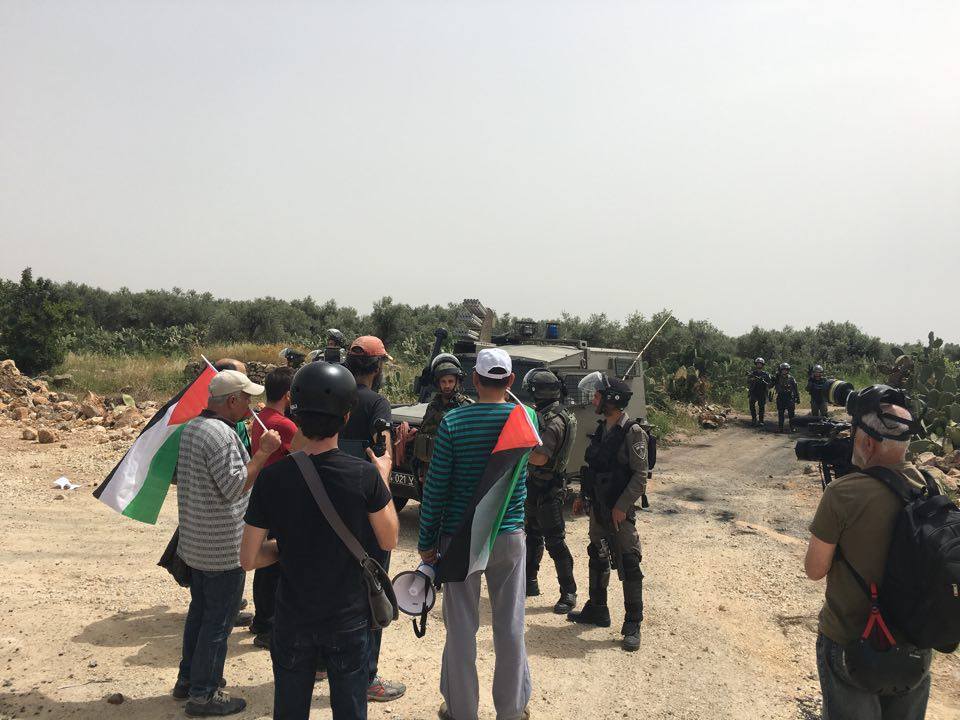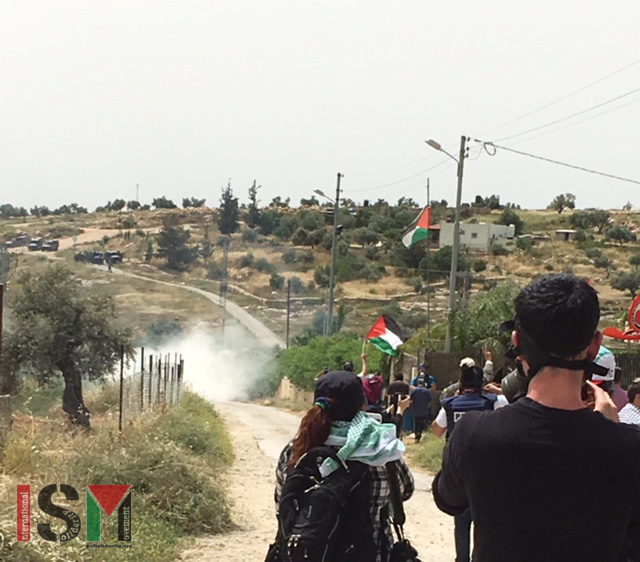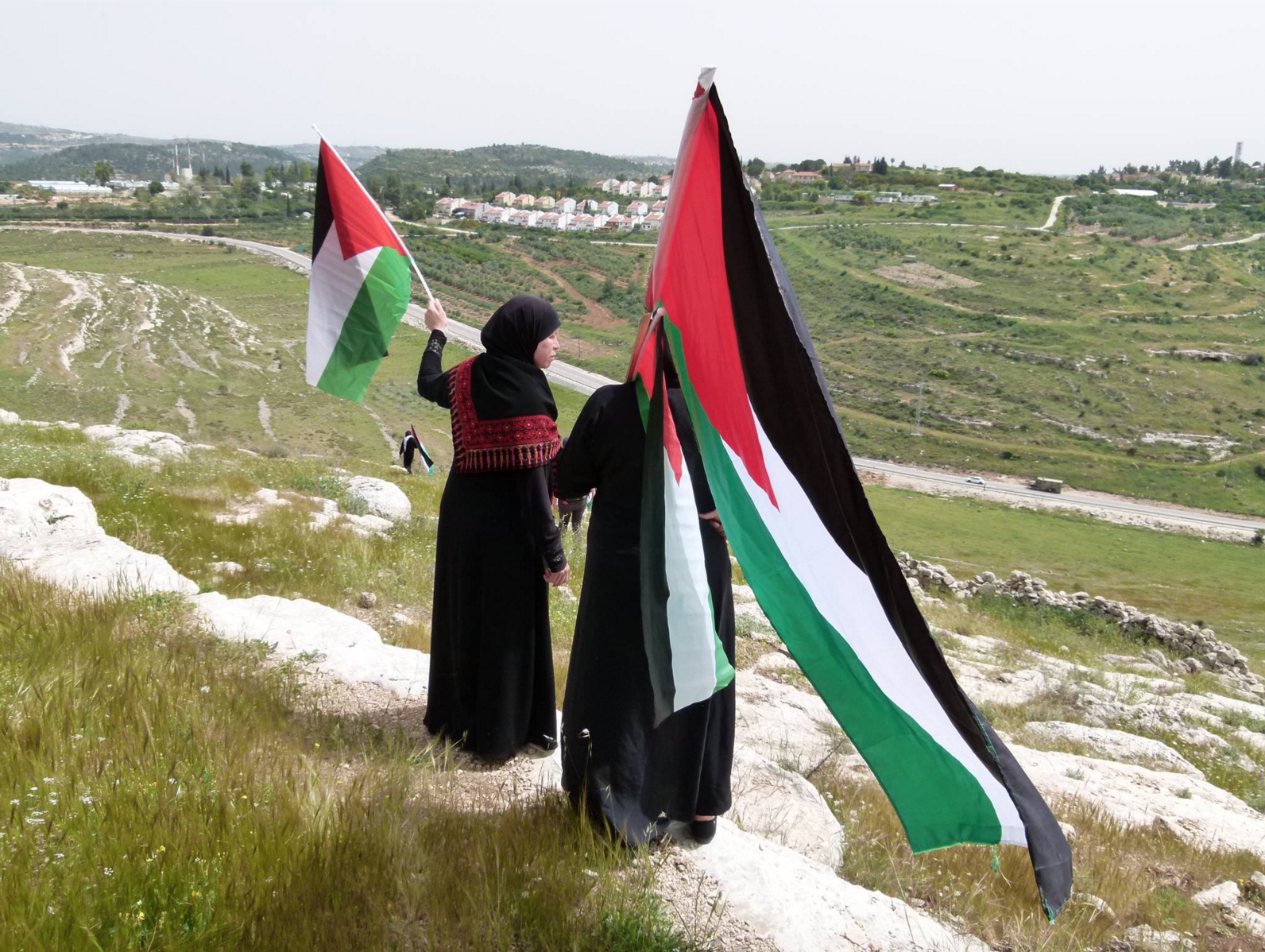Tag: Demonstration
-

Bi’lin Protest on the anniversary of the death of Bassam Abu Rahma
17th April 2016 | International Solidarity Movement, al-Khalil team | Bi’lin, occupied Palestine This Friday 15th April, the village of Bi’lin held their long-running protest against the illegal Israeli occupation and Apartheid wall. However, the protest on this day was tinged with further sadness, falling as it did on the seven-year anniversary of the death…
-

Non-violent protest in Ni’lin again met with collective punishment against whole village
12th April 2016 | International Solidarity Movement, al-Khalil team | Ni’lin, occupied Palestine On Friday, the 8th of April 2016, the villagers of Ni’lin nonviolently demonstrated against Israeli apartheid politics, the theft of the villagers land through the building of the apartheid wall and illegal settlements, and the increasing collective punishment of the village of…
-

Tree Planting and Protest in Beit al-Baraka
10th April 2016 | International Solidarity Movement, al-Khalil Team | Hebron, occupied Palestine Trees were planted and a demonstration took place today at Beit al-Baraka today to protest the extension of the illegal Gush Etzion settlement bloc. An international presence had been requested by the organisers so two ISM volunteers headed to Beit Ummar to…
-
Bil’in protesters keep fighting after more than a decade of friday demoes
9th April 2016 | International Solidarity Movement, Al-Khalil Team | Bil’in, occupied Palestine The weekly protest took place in Bil’in on Friday April 8th, as it has done every Friday for over a decade. Around 35 protesters, a mix of multi nationals and Palestinians, took part. Very soon after the peaceful march started, the…
-
Nabi Saleh Protest Ends With Tear Gas
8th of April 2016 | International Solidarity Movement, Ramallah team | West Bank, occupied Palestine As on every Friday a group of Palestinians, supported by Israeli Peace Activists, Internationals and with an international media presence, came together in Nabi Saleh after midday prayers to protest the continued illegal occupation of Palestinian land by Israel. In…


